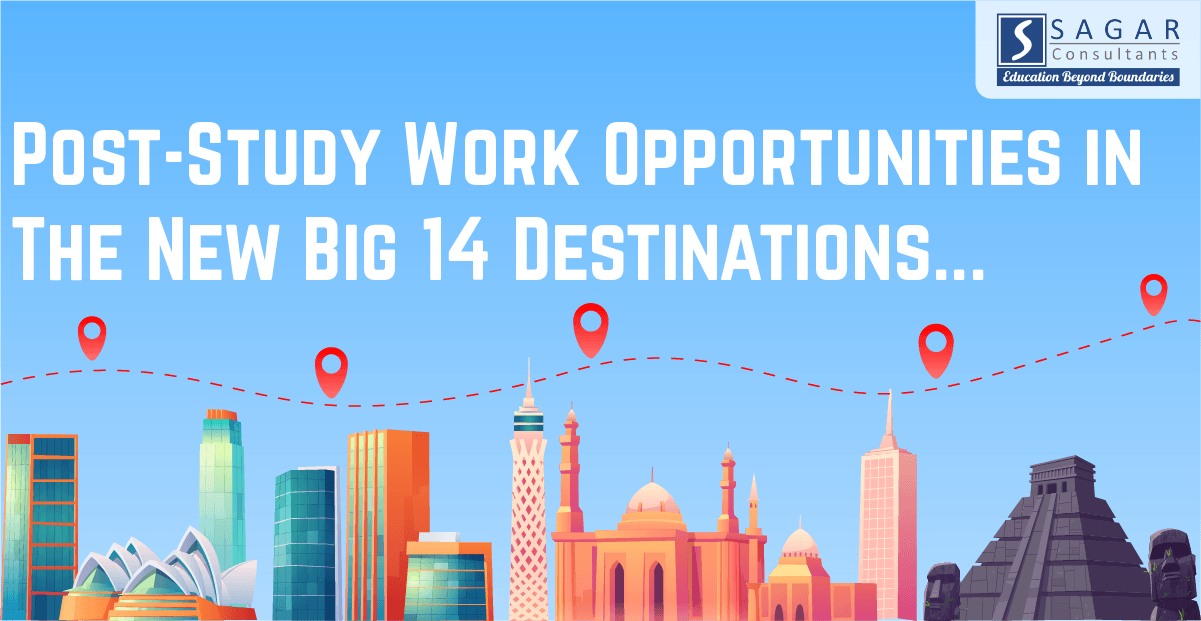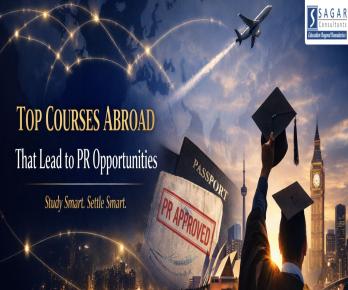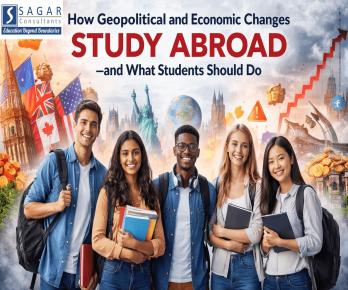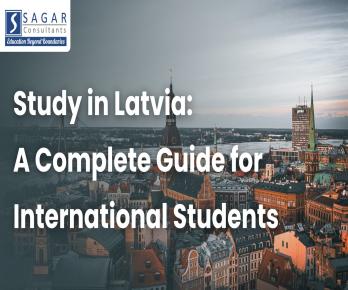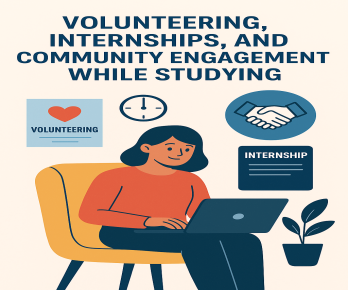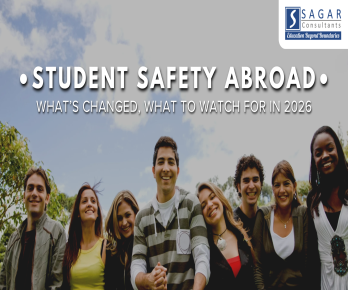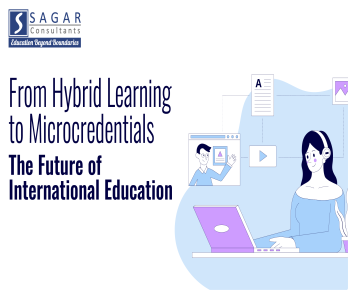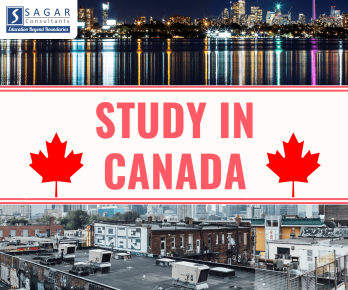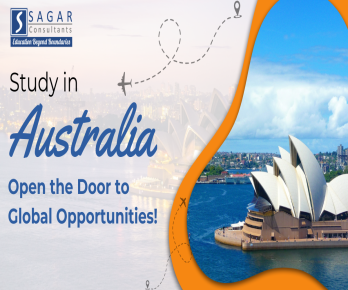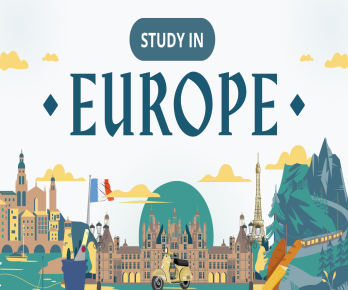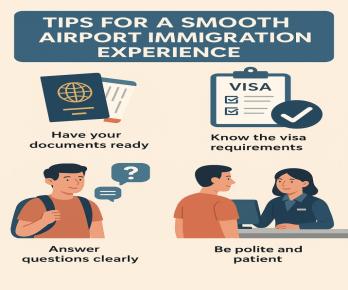In the modern world, international education now focuses on creating a path to a successful worldwide job rather than just helping students earn a degree. Students now emphasize where they can flourish after learning rather than where they should study. The foundation of this new era in international education is the post-study job opportunities provided by other nations.
The New Big 14: Where Opportunity and Education Meet
The following rapidly expanding education hubs like France, Germany, Italy, Netherlands, Finland, Spain, Japan, South Korea, Taiwan, Turkey, United Arab Emirates (UAE), Russia, Kazakhstan, and Singapore are redefining international mobility, according to ICEF. These nations have carefully planned their educational ecosystems to attract and retain talent from around the world, and they offer both globally recognized degrees and easily accessible career pathways after graduation, making them strong alternatives for traditional travel destinations like the UK, USA, Canada, and Australia.
A New Era of Employment Possibilities After Study
1. THE GROWING CAREER ECOSYSTEM IN EUROPE
European countries that have made a name for themselves as innovation-driven economies that welcome international graduates include France, Germany, Italy, the Netherlands, Finland, and Spain. Students can investigate internships and full-time positions in fields including engineering, renewable energy, business, and design with flexible stay-back options ranging from 12 to 24 months.
A crucial link between education and foreign work is provided by nations like Germany, which grant 18-month job-seeking visas, and France and the Netherlands, which permit international graduates to stay for up to two years after completing their studies.
2. ASIA'S GROWTH IN EMPLOYABILITY WORLDWIDE
Countries that have made large investments in higher education and keeping talent include South Korea, Taiwan, Singapore, Japan, and Turkey. Graduates hoping to work in manufacturing, logistics, artificial intelligence, or technology are now supported by their post-study visa policies.
By 2030, for instance, Japan hopes to welcome 400,000 overseas students, establishing a clear connection between education and its demand for skilled workers. Similar to this, Singapore's forward-thinking economy provides well-defined career paths in the fintech, innovation, and digital industries.
3. EMERGING REGIONAL HUBS: UAE, RUSSIA, AND KAZAKHSTAN
These locations are emerging as Eurasia's new hubs for innovation and education. With flexible work permits and visa reforms, the UAE is increasing the number of universities it has around the world and encouraging foreign graduates to remain. Both Russia and Kazakhstan provide high-quality, reasonably priced education along with expanding career options in the fields of engineering, energy, and international trade.
FROM CLASSROOM TO CAREER
These New Big 14 are unique in that they promote career sustainability. They are creating long-term ecosystems for education and employment rather than being temporary study locations. Universities and businesses work together to develop experiential learning programs, internships, and cooperatives that equip students for global employment immediately upon graduation.
In order to facilitate graduates' retention, experience-building, and even transition into permanent positions, governments are also coordinating their labour and immigration laws with the objectives of foreign education. This global shift means that international education is no longer about studying abroad, but about studying for the world.
GUIDING STUDENTS THROUGH THE NEW ERA OF GLOBAL EDUCATION
At Sagar Consultants, the goal is to shape futures rather than just accept applicants. Students are given individualized advice on where to go those fits with their academic and professional objectives. Sagar Consultants assists students in transforming international education into long-term professional success by providing knowledgeable insights into post-study employment alternatives, visa procedures, and industry trends.
Our experts ensure that each student's decision is aligned with post-study career outcomes, future migration goals, and personal growth.
CONCLUSION
International education has undergone a sea change with the rise of the New Big 14 Destinations. By providing students with education with a purpose an opportunity to live, work, and prosper globally these countries are influencing the future.
Opportunities for post-study employment are now guaranteed rather than a privilege. And students can turn that promise into a fulfilling worldwide career with the correct direction from Sagar Consultants.
Because studying abroad suggests getting ready to blend in everywhere in the new educational landscape.


